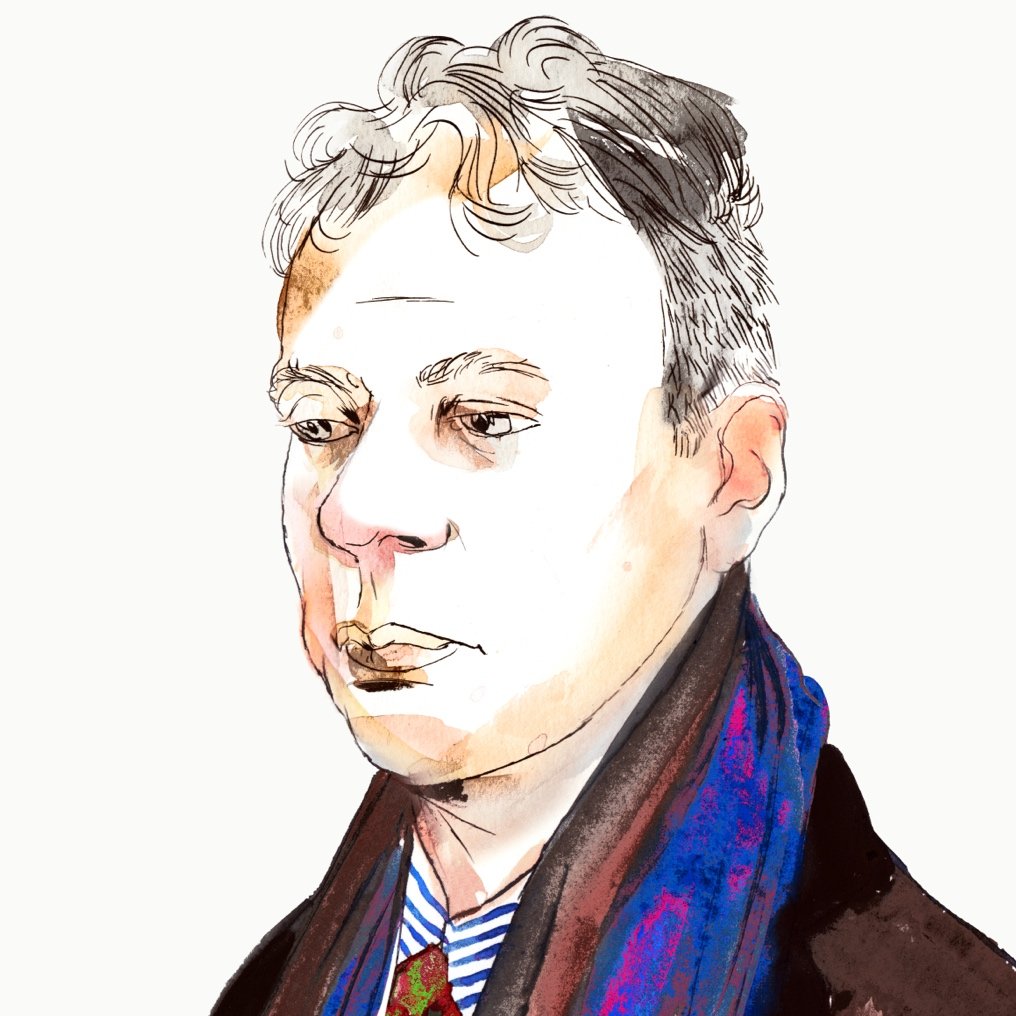Camille Paglia is an idiosyncratic mix of liberal and conservative convictions—or perhaps we should say that she, like any person of serious understanding, has an intellectual makeup more complex than our current political simplicities can absorb. But there is one profound traditionalist point that she maintains repeatedly, and it is one of the first truths of the conservative disposition.
She announced it a few months back in an interview with the New York Observer. The very first question asked her about comparisons between President Trump and Adolf Hitler, to which she replied: “‘Presentism’ is a major affliction—an over-absorption in the present or near past, which produces a distortion of perspective and a sky-is-falling Chicken Little hysteria.”
This is a point that deserves repeated amplification. It explains, for instance, much of the indignation we see and hear on college campuses, wherein twenty-year-olds decry twenty-first-century American racism and sexism. The first response to their charges should not be to debate present conditions. It should be to ask them about actual conditions of the past—Jim Crow, the franchise for women and blacks, poverty rates and public health in former times . . . The answers will demonstrate that the only way to believe that America 2017 is a particularly vicious time for certain identities is to know nothing about the nineteenth and twentieth centuries. And we know, of course, how little history young Americans actually possess.
Paglia believes there is a causal connection between young Americans’ ignorance of history and their dim view of present conditions. At a conference in Oxford, Paglia stated again, in response to a student who criticized her and others for telling youths not to be so sensitive and snowflaky, “There is much too much focus on the present.” Thanks to the (presumed) sensitivity of modern youth, Paglia says, students have not had a “realistic introduction to the barbarities of human history . . . . Ancient history must be taught . . . . I believe in introducing young people to the disasters of history.” Without that background, she implies, our only standard of appraising current circumstances is current circumstances plus a few utopian dreams. We have so much material prosperity, they think, so why don’t we have more perfect people to enjoy it?
Not only does this outlook produce a dangerous parochialism and fervor among the young. It hampers their education. When people judge the present solely in present terms, not in relation to the past, diversity becomes not the pursuit of knowledge of other cultures, religions, and civilizations. It becomes, Paglia says, a “banner” under which we presume to “remedy” contemporary social sins. At that point, we should realize, education has turned into indoctrination.
That’s not what education is supposed to do, she continues. Education is about “opening the great past . . . . More knowledge, more hard knowledge.” By “hard” knowledge I presume she means basic cultural literacy, familiarity with the facts of other times and places, not the squishy dispositions of “tolerance” and “inclusivity” that diversity training typically regards as proper goals. But these progressive attitudes, however vacuous in content, have indeed triumphed in higher education. We have allowed the classroom to devolve from the pursuit of knowledge to the pursuit of “cures” for social problems. That approach is “wrong,” Paglia insists, a job for social welfare agencies, not postsecondary learning. We should return to the vision of education as the “abstract and detached study of the past and of the global present.”
Mark Bauerlein is senior editor of First Things.
Become a fan of First Things on Facebook, subscribe to First Things via RSS, and follow First Things on Twitter.
Photo by Fronteiras do Pensamento via Creative Commons. Image cropped.

